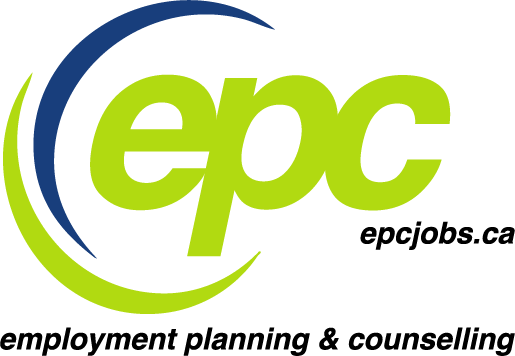Going through the application process to find employment can be stressful; then finally it happens. You get a job offer. No more handing out resumes, completing online applications, or answering tough interview questions. Hurray! Following the excitement and anticipation, comes the reality check. You are starting a brand new job – with people you don’t know, in a business you are unfamiliar with, completing tasks that may be new to you.








